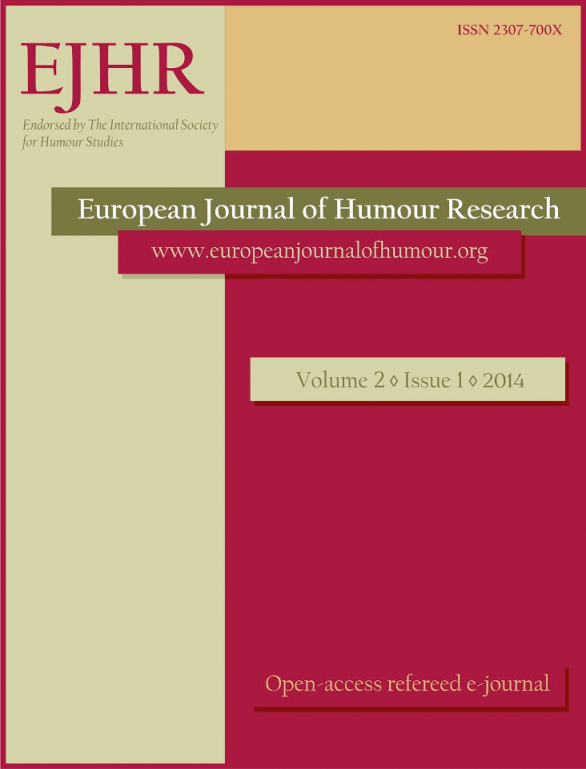Logic and reasoning in jokes
Logic and reasoning in jokes
Author(s): Graeme RitchieSubject(s): Philosophy, Social Sciences, Language and Literature Studies, Theoretical Linguistics, Applied Linguistics, Logic, Communication studies, Pragmatics, Cognitive linguistics, Descriptive linguistics, Theory of Communication
Published by: Krakowskie Towarzystwo Popularyzowania Wiedzy o Komunikacji Językowej Tertium
Keywords: theory of humour; jokes; logic; inference; cognitive processing;
Summary/Abstract: It has often been remarked that jokes involve some form of distorted logic, but the details ofthis joke logic have not been fully explored. We offer a contribution to the methodology of thisexploration by clarifying some abstract theoretical distinctions. Firstly, we separate twocrucially different notions of “reasoning” which are relevant to joke comprehension: internallogic and audience inference. Internal logic is a system of logical rules, in the traditionalsense, which define relationships within the fictional world of the joke, particularly therelation of consequence. Audience inference is a dynamic process which the recipient of ajoke undertakes in order to make sense of it. Previous writings on the topic of logic in jokesseem to conflate these two very different concepts. Another distinction which is sometimesoverlooked is between internal logic and other joke techniques with different functions, suchas strategies for presenting information. We also consider whether the logic of jokes requiresa qualitatively different inference mechanism from that of conventional logic, concluding thatthere is not yet any evidence to suggest this. Finally, we reflect on how we might go on toaddress the open question of what is possible as pseudo-logic within a joke.
Journal: The European Journal of Humour Research
- Issue Year: 2/2014
- Issue No: 1
- Page Range: 50-60
- Page Count: 11
- Language: English

